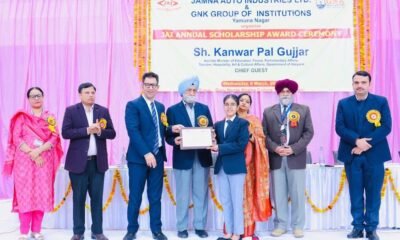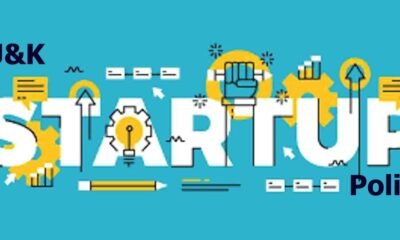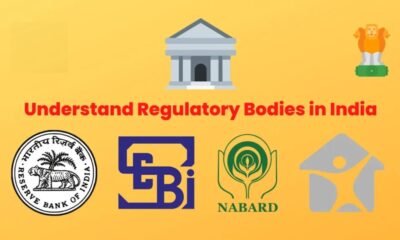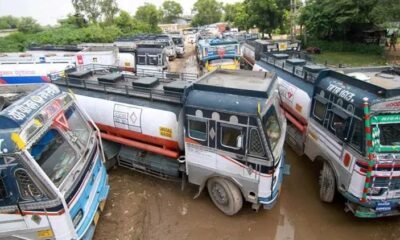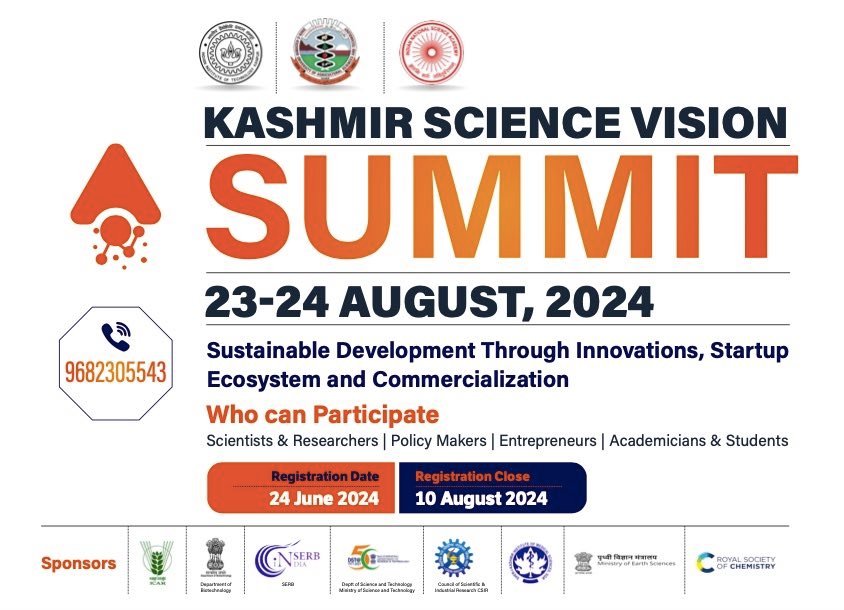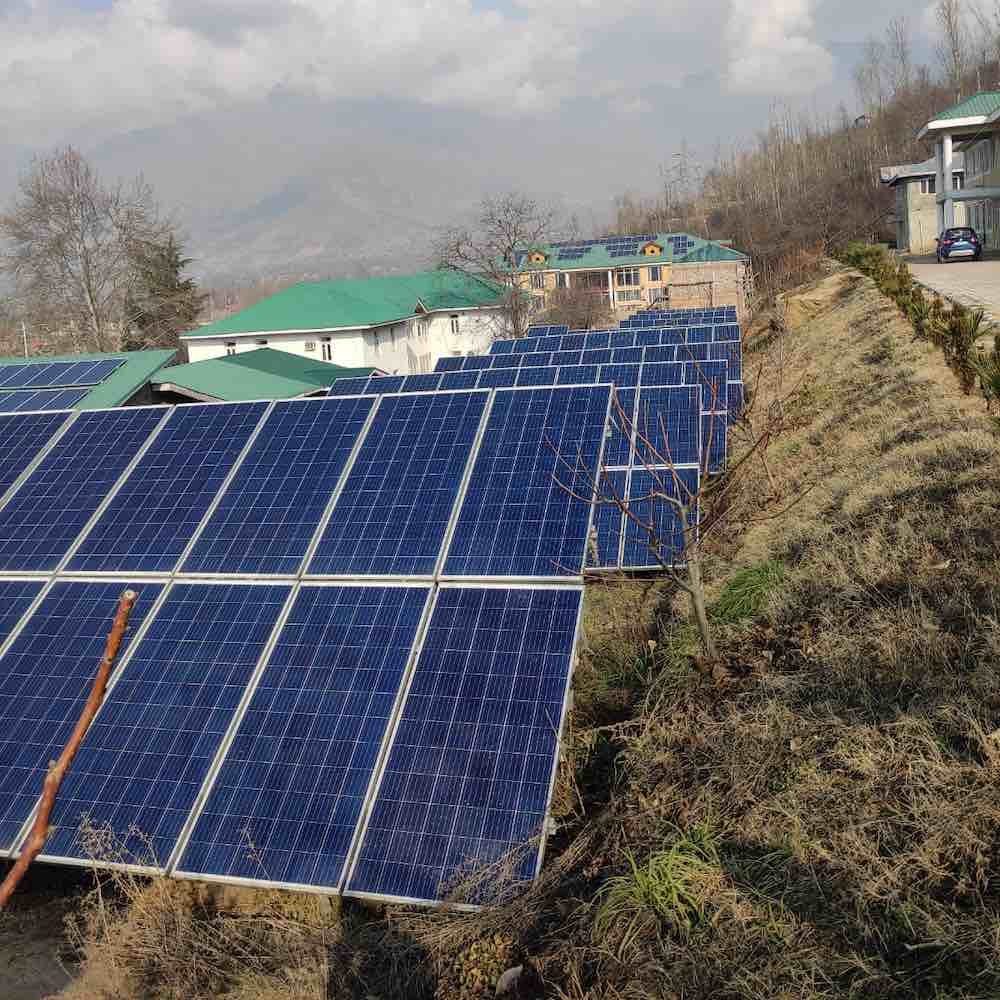Prof Talat chairs meeting of top officers, IT professionals to finalise rollout plan
BK News
Srinagar, Jan 21: Vice-Chancellor of University of Kashmir Prof Talat Ahmad on Thursday chaired a meeting of top varsity officers to finalise the implementation of the newly-developed Administration Management System (AMS).
The AMS, designed and developed by the varsity’s Directorate of Information Technology and Support System, aims to consolidate data pertaining to employees, departments, and positions while facilitating online submission of proposals and approvals thereof.
The AMS, Prof Talat said, was the need of the hour to further boost the efficiency of the university system.
“The more we facilitate the introduction of technology into our systems of governance and functioning, the better the results and outcome would be,” he said, asserting that the AMS modules include HR Management, Leave, Budget, Salary, Attendance, and e-Notes.
The Vice-Chancellor directed the early processing and import of data from various administrative and academic sources into the AMS to enable its timely implementation.
Currently, the data from sources like Salary, Budget, and DIQA has already been processed and imported into AMS.
The Directorate of IT and SS has also developed the KU Accounts Management System (KUAMS) to deal with all accounts and budget-related activities through the e-governance application.
KU Registrar Dr Nisar Ahmad Mir said the AMS as well as the KUAMS—apart from its existing modules—will have a scope for inclusion of more modules as per the needs and requirements of the university system.
“This IT-enabled system will be user-friendly and further enhance decision-making, disposal of cases, the release of payments and sanctioning of leaves, etc.,” he said.
He said offices in the Registry will be directed to ensure timely implementation of the AMS for the welfare of all stakeholders of the university.
In-charge Director IT and SS Dr Maroof Naieem Qadri and his team of IT professionals gave detailed power-point presentations about the AMS and KUAMS.
Qadri said the new applications were ready to be launched soon after all data from relevant sources is processed and imported into the new applications after proper validations.
Pertinently, the Directorate has so far successfully launched a number of applications, which, among others, include File Tracking System, Hostel Management System, KU e-Recruitment System, KU Department Inventory Management System, Dean Research Budget Management System, Android App, and KU Content Management System for Departments/Centres/Offices.
The Thursday’s meeting, among others, was attended by Dean Academic Affairs Prof Akbar Masood, Dean Research Prof Shakil A Romshoo, Director DIQA Prof Anwar Hassan, Special Secretary to VC Dr Tanveer A Shah, Joint Registrar Budget Dr Ashfaq A Zarri, Joint Registrars, Deputy Registrars and several other officers of the University Administration.

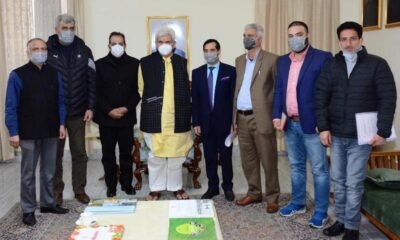

 Industry4 years ago
Industry4 years ago


 Energy4 years ago
Energy4 years ago


 Economy2 years ago
Economy2 years ago


 Infra4 years ago
Infra4 years ago
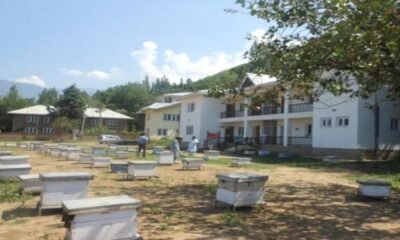

 AgriBiz4 years ago
AgriBiz4 years ago
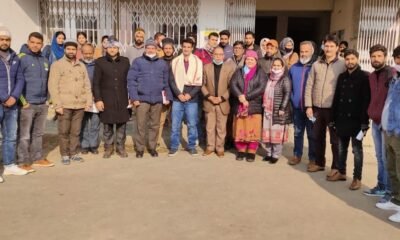

 Careers4 years ago
Careers4 years ago
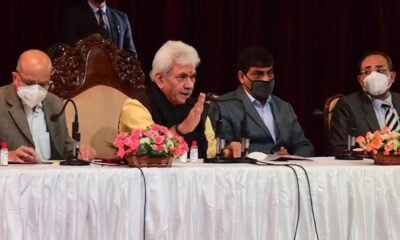

 Economy4 years ago
Economy4 years ago


 Industry4 years ago
Industry4 years ago




